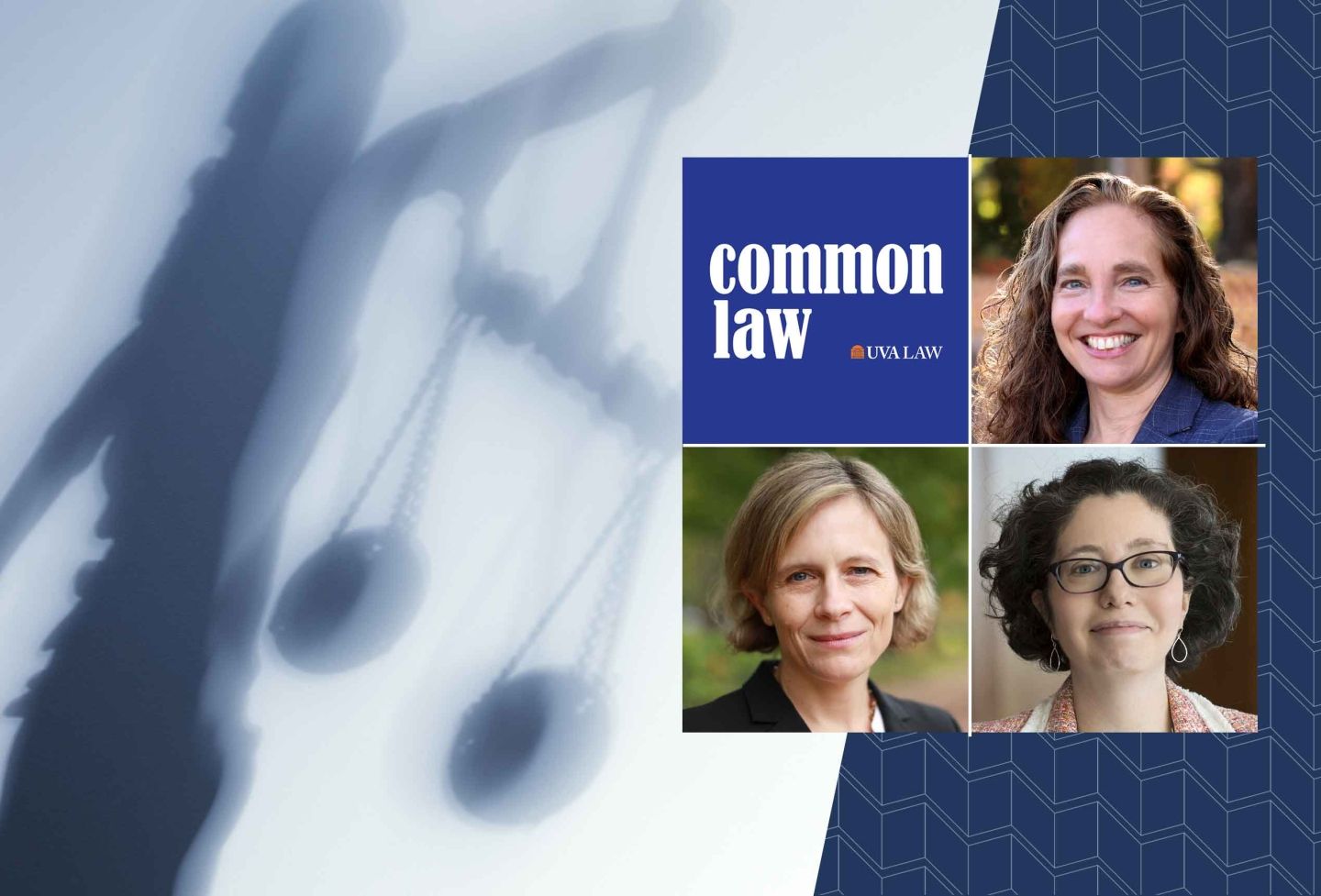The Rev. Martin Luther King Jr. should be remembered as a symbol of a worldwide social movement, not just as a civil rights leader, a leading King scholar and historian said Monday at the Law School.
Clayborne Carson, a history professor at Stanford University and editor of "The Autobiography of Dr. Martin Luther King, Jr.," spoke before a packed Caplin Pavilion as part of the University's observance of Martin Luther King Jr. Day.
It's important to remember that King's role in the Civil Rights Movement was made possible by the efforts of others, including Rosa Parks, who famously refused in 1955 to give up her seat on a segregated bus, Carson said.
"Think of that. Rosa Parks made Martin Luther King possible. Martin Luther King didn't make Rosa Parks possible," Carson said. "When she was sitting on that bus, her first thought wasn't to reach into her purse and get out her cell phone and call Martin Luther King and say 'Martin, what should I do?' She did what she had to do and that opened up the possibility for Martin Luther King to show those qualities for which we remember him."
Carson recalled attending the March on Washington in 1963 and hearing King deliver his "I Have a Dream" speech on the steps of the Lincoln Memorial. Though they admired King, young people involved in the Civil Rights Movement at the time sometimes viewed him as too cautious, Carson said.
"I didn't even tell my parents I was going to go because this was my first great adventure as an adult, and it was because I knew that young people my own age, 19 years old at that time, were changing the world," he said. "And I never saw them as King's followers. And they never would have described themselves as King's followers. King was following them; that's the way they put it to me."
Though he was obviously an integral part of the civil rights struggle, King's stated mission was broader, Carson said. At his core, King was a minister who viewed social issues through a religious context.
"For him the Gospel was quite simple," Carson said. "It was the social Gospel; it was the Gospel that was conveyed in the Sermon on the Mount. And when he was a divinity student in his first year, he was asked to put down what was going to be his mission as a social Gospel minister. He said, 'My mission is to deal with unemployment, slums and economic insecurity.' Civil rights was not even on the list. That was Rosa Parks' contribution. She basically gave him another job."
Had King's mission centered solely on achieving civil rights victories, he could easily have retired from public life after the passage of the Voting Rights Act of 1965, Carson said. Instead, King moved his family to a dilapidated neighborhood in Chicago to draw attention to the state of the slums.
Later, when King took a public stance against the Vietnam War, critics questioned him for speaking out in an area unrelated to civil rights.
"How did he respond?" Carson said. "He said, 'You haven't been listening to me. If you had been listening to what I've been saying, you would understand that this isn't a civil rights leader speaking out of turn about foreign policy. This is a social Gospel ministry preaching the word of God as I understand it. So you haven't been listening to me.'"
Beyond his immediate works, King served as the symbol of his movement in much the same way that Mohandas Gandhi or Nelson Mandela served in theirs, Carson said. Viewed in the broader historical context, the American civil rights struggle was just part of the larger worldwide movement toward justice and equality in the 20th century, he said.
"Try thinking of King in isolation from Gandhi and you can't," Carson said. "He got his tactics from Gandhi. He understood that he was learning from another movement, just as that movement learned from our anti-slavery movement. So Gandhi learns from Thoreau, we learn from Gandhi, and people in South Africa learn from Martin Luther King, and these ideas go around in the world."
Though those involved in the Civil Rights Movement are right to be proud of their accomplishments, leaders such as Gandhi, King and Mandela would likely say that there is still more to be done, Carson said. It was only in the 1960s that the U.S. first approached being a truly democratic nation in which all citizens had an equal voice, he said.
"So that experiment – the American democratic experiment – is about 50 years old," Carson said. "We're a young democracy trying to be an egalitarian democracy with cultural diversity, racial diversity, and we don't know the outcome of that experiment. And that's our challenge. It's those of us in the room, and particularly those who don't have grey in their hair, who are going to determine the outcome of that experiment."
Founded in 1819, the University of Virginia School of Law is the second-oldest continuously operating law school in the nation. Consistently ranked among the top law schools, Virginia is a world-renowned training ground for distinguished lawyers and public servants, instilling in them a commitment to leadership, integrity and community service.


